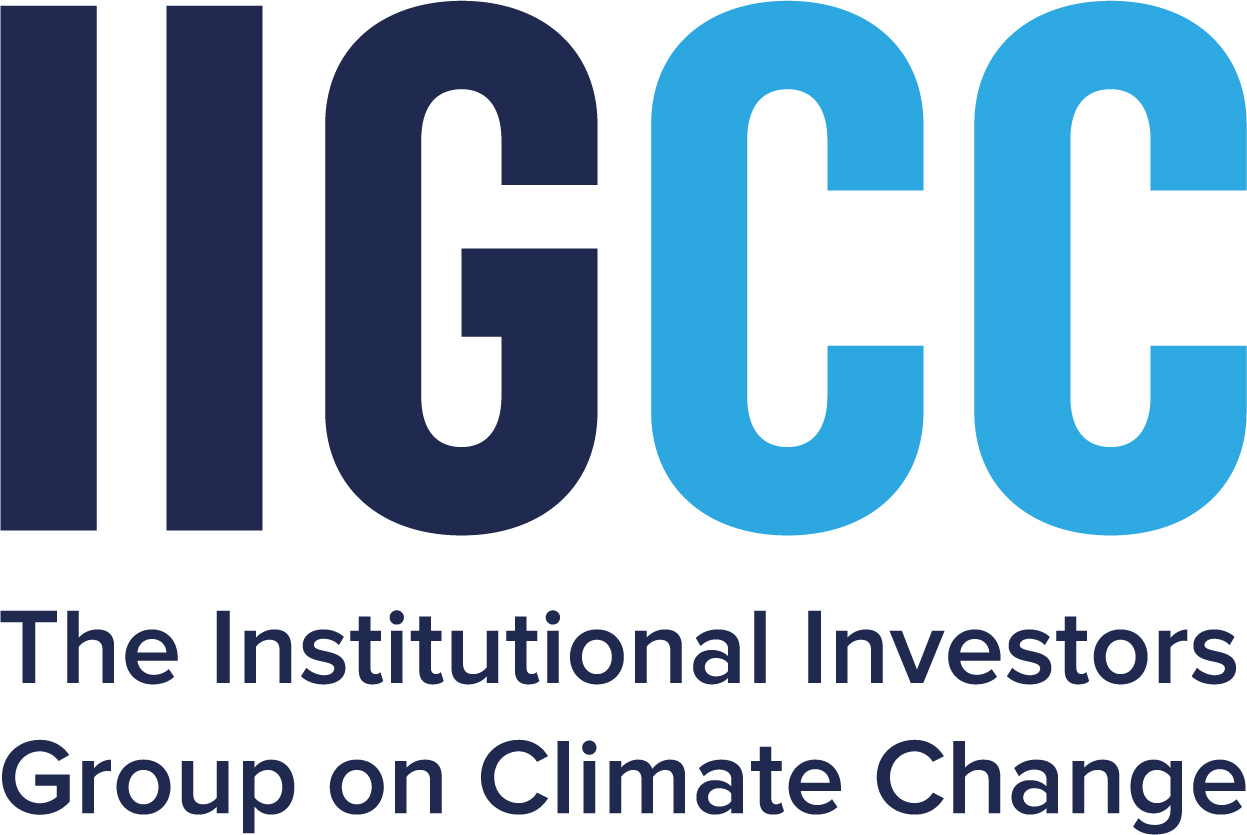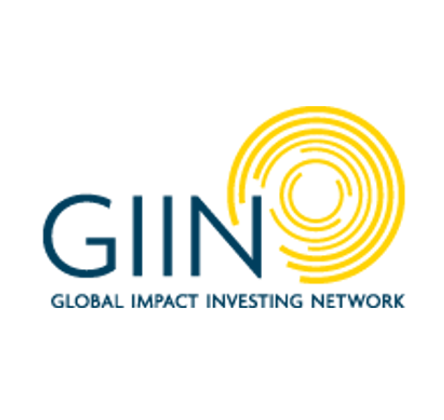Impact investing is not just growing, it is evolving. At the same time, the definition of the practice is being shaped and molded by new products and practices, creating tension among some players about what it is and what it should be.
A farm today relies on a whole array of datasets, each more complex than the last: GPS data, satellite imagery, drone imagery, weather and climate data, not to mention the data being produced by a growing variety of ag-specific smart sensors that monitor everything from soil health to the rate of crop development. And that’s just the data on the external variables. As the technology powering plant genomics has become cheaper and more powerful, farmers have access to a growing body of data on the characteristics of the seeds they plant.
For this article, I reached out to about 50 thought leaders and practitioners in the space, asking for insights about new, less-well-documented trends in impact investing. After receiving dozens of suggestions, I asked the same group to evaluate whether those observations (without attribution to their respective authors) were a) in fact new trends, b) individual experiences that shouldn’t yet be considered trends or c) established, well-documented trends.
What follows are eleven distinct trends observed and confirmed by the panel to be new 2019 trends in impact investing. While I could have combined some of these overlapping or related ideas, I concluded that each item brings its own nuance and should be kept on the list.
{…}
Impact Investing is increasingly getting drawn into the discussions about how to fix capitalism.
Nancy Pfund, managing partner at DBL Partners, an early investor in Tesla, adds, “It is seen by many as a way to make capitalism work better by driving investments to areas where social policies have not shown enough progress.”
To read the full article, visit Forbes










